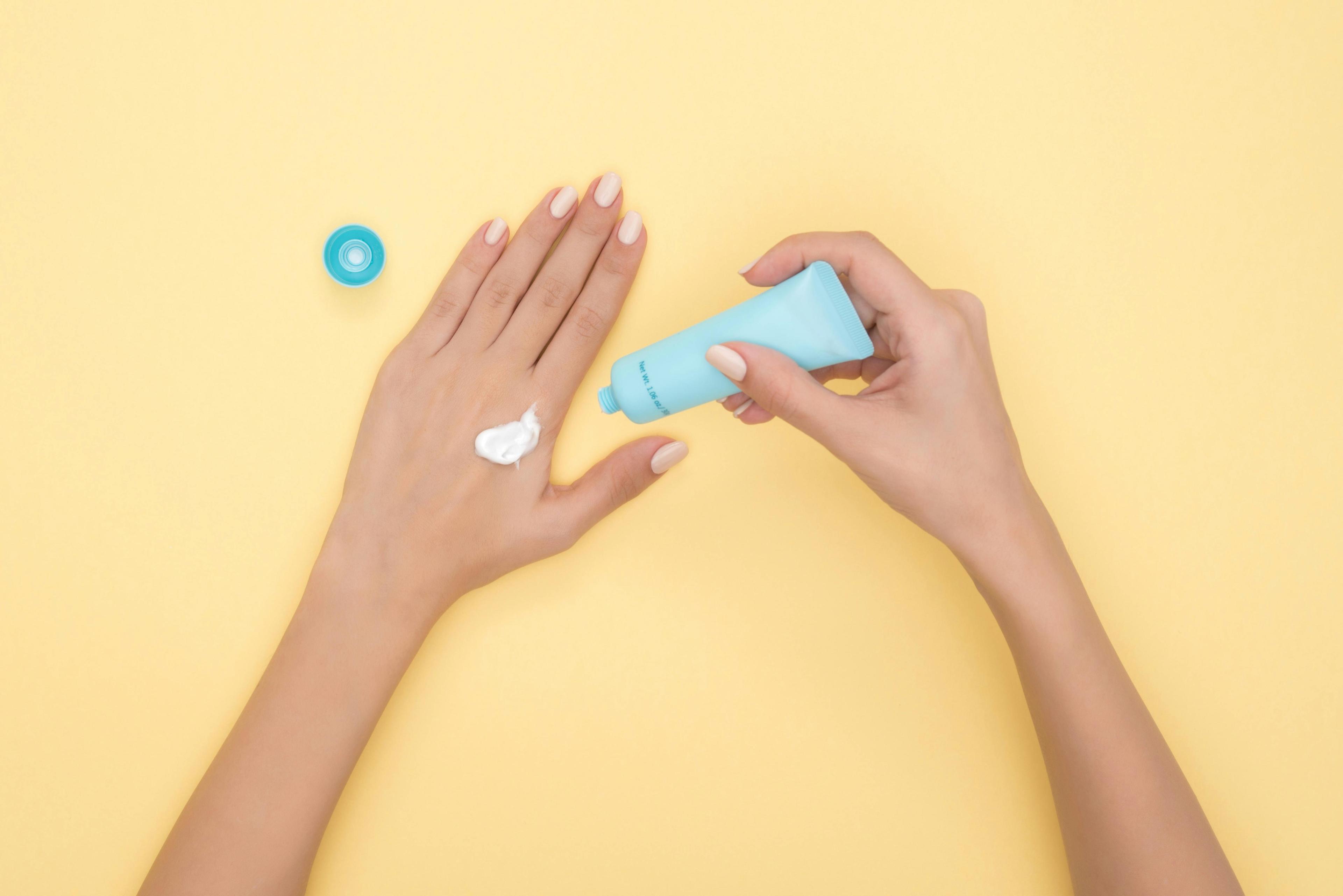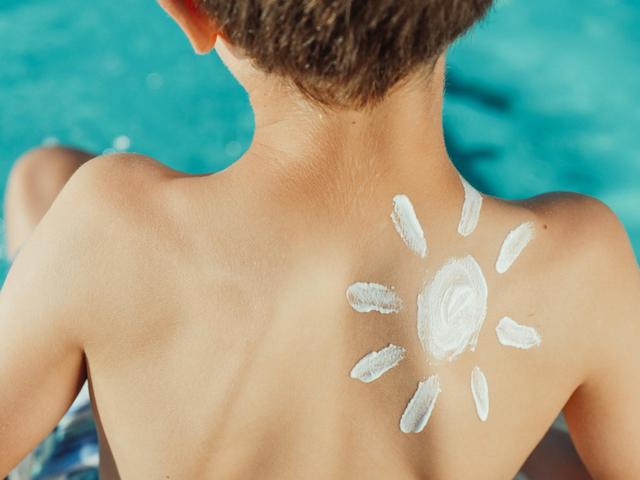Why do We Need to Protect Our Skin from the Sun?
Did you know that the sun's harmful UV rays can wreak havoc on your skin? Yep, that's right! Long-term exposure to the sun can cause sunburn, premature aging, and even increase the risk of skin cancer. Scary, right? The UV rays can penetrate the skin and cause DNA damage, which could lead to mutations and eventually result in skin cancer. Moreover, sun exposure can break down collagen and elastin in the skin, causing wrinkles, sagging, and age spots. However, don't worry! By using sunscreen, wearing protective clothing, seeking shade, and avoiding the peak sun hours, you can reduce your risk of sun damage and keep your skin looking youthful and healthy. Remember, protecting your skin from the sun is not just about looking good, but also about feeling good and staying healthy!
What is SPF?
Sun Protection Factor (SPF) is a measure of how effectively a sunscreen product can shield the skin against the harmful effects of ultraviolet (UV) radiation from the sun. The SPF value indicates the amount of time it takes for the skin to start to redden when using sunscreen versus not using any sunscreen. For example, if you would normally burn after 10 minutes of sun exposure, using an SPF 30 sunscreen would theoretically allow you to stay in the sun for 300 minutes (10 minutes multiplied by the SPF of 30).
SPF works by absorbing, reflecting, and scattering UV radiation from the sun to prevent it from penetrating the skin. This helps reduce the risk of sunburn, skin aging, and skin cancer caused by UV radiation.
What are the Constituents of Sunscreen?
Sunscreen contains active ingredients such as zinc oxide, titanium dioxide, avobenzone, octisalate, and octocrylene that protect the skin from the sun's harmful UV rays. Zinc oxide and titanium dioxide reflect and scatter UV radiation, while chemical filters absorb UV rays and convert them into less harmful forms of energy. Sunscreen creates a barrier on the skin's surface to prevent sunburn, premature aging, and skin cancer caused by UV exposure. These ingredients provide broad-spectrum protection against both UVA and UVB rays, keeping your skin safe and healthy in the sun.
What are the Benefits of Sunscreen?
Sunscreen offers a range of benefits for skin health and protection against the harmful effects of the sun's ultraviolet (UV) radiation. Some of the key benefits of using sunscreen include:
-
Protection against skin cancer: Shielding your skin from harmful UV rays is one of the benefits of using sunscreen. Exposure to UV radiation for extended periods can increase the risk of developing different skin cancers such as basal cell carcinoma, squamous cell carcinoma, and melanoma. However, regular use of sunscreen can significantly reduce this risk.
Image by freepik
-
Prevention of sunburn: Sunscreen contains compounds that absorb, scatter, and reflect UVB radiation, which are responsible for causing erythema or sunburn. These UVB filters create a physical barrier that reduces the amount of UVB radiation that penetrates the skin. By applying sunscreen regularly, you can prevent erythema and reduce the risk of skin damage associated with prolonged exposure to UV radiation.
Image by freepik
-
Prevention of premature aging: Ultraviolet (UV) radiation leads to photoaging of the skin, characterized by the formation of wrinkles, fine lines, age spots, and loss of elasticity. Sunscreen acts as a barrier against UV radiation, preventing skin damage and the onset of these symptoms, thereby promoting healthier and younger-looking skin.
-
Reduction of skin discoloration: Ultraviolet (UV) radiation from the sun can lead to skin discoloration and hyperpigmentation, which is caused by the production of excess melanin. This can result in various skin conditions such as melasma, freckles, and age spots. However, the regular use of sunscreen can help prevent or reduce the appearance of these conditions by blocking the UV radiation that triggers the production of melanin. Therefore, the proper use of sunscreen is essential in protecting the skin from UV damage and maintaining its healthy appearance.

-
Maintenance of an even skin tone: Sunscreen is an effective way to prevent skin redness and blotchiness caused by exposure to sunlight. It also helps to guard against the development of uneven pigmentation and dark spots. Consistent use of sunscreen is recommended to maintain a more even skin tone and reduce the risk of sun damage.
-
Preservation of skin's barrier function: Ultraviolet (UV) radiation from the sun can cause harm to the skin's natural protective barrier, which can result in dehydration, inflammation, and increased sensitivity. Sunscreen acts as a protective agent by preventing the breakdown of the skin's barrier function, keeping it adequately hydrated and resilient against environmental factors that can cause irritation.
-
Protection against UV-related eye damage: Specific sunscreen products are designed with specific formulations to provide optimal protection for the sensitive skin around the eyes. These sunscreens effectively safeguard the area from the damaging effects of UV radiation and help mitigate the risks associated with ocular conditions such as cataracts and age-related macular degeneration.

-
Prevention of sun-induced immune suppression: Extended exposure to ultraviolet (UV) radiation can lead to the suppression of the immune system within the skin, which increases the vulnerability of the skin to infections, inflammation, and other immune-related ailments. Sunscreen is an effective measure to counteract this effect, as it helps to mitigate the impact of UV radiation on the skin's immune system, thereby promoting skin health and immunity.
Conclusion :
Wearing sunscreen daily provides protection against harmful UV radiation, which can cause premature aging, sunburn, and skin cancer. Choose a broad-spectrum sunscreen with an SPF of at least 30 and apply it generously to all exposed skin areas before heading out. Don't forget to reapply every two hours, or more frequently if you're swimming or sweating heavily. Make sunscreen a part of your daily skincare routine for healthy, youthful-looking skin.




